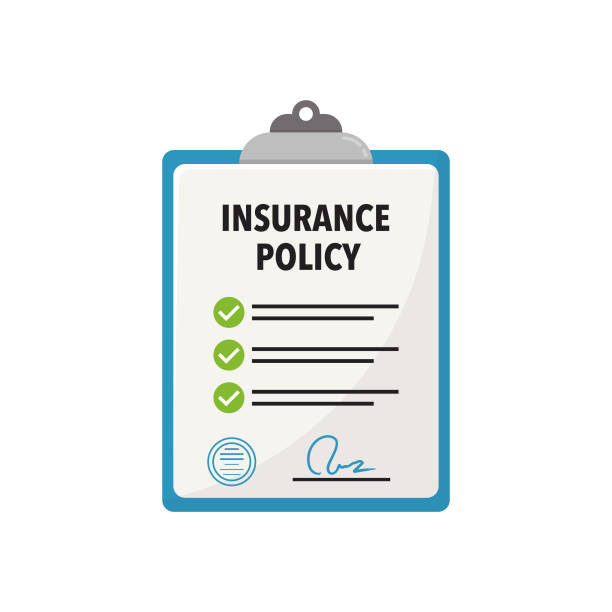Does Home Insurance Cover Water Damage?

A pipe bursts at 3 a.m. in January. By morning, your finished basement is soaked, drywall is buckling, and you’re wondering whether your insurance will cover any of this. The answer depends on details that most homeowners don’t think about until disaster strikes.
Water damage claims are among the most common—and most contested—in the insurance industry. The average non-weather water damage claim runs nearly $11,000, making it essential to understand exactly what your homeowners insurance policy covers before you’re standing in a puddle.









